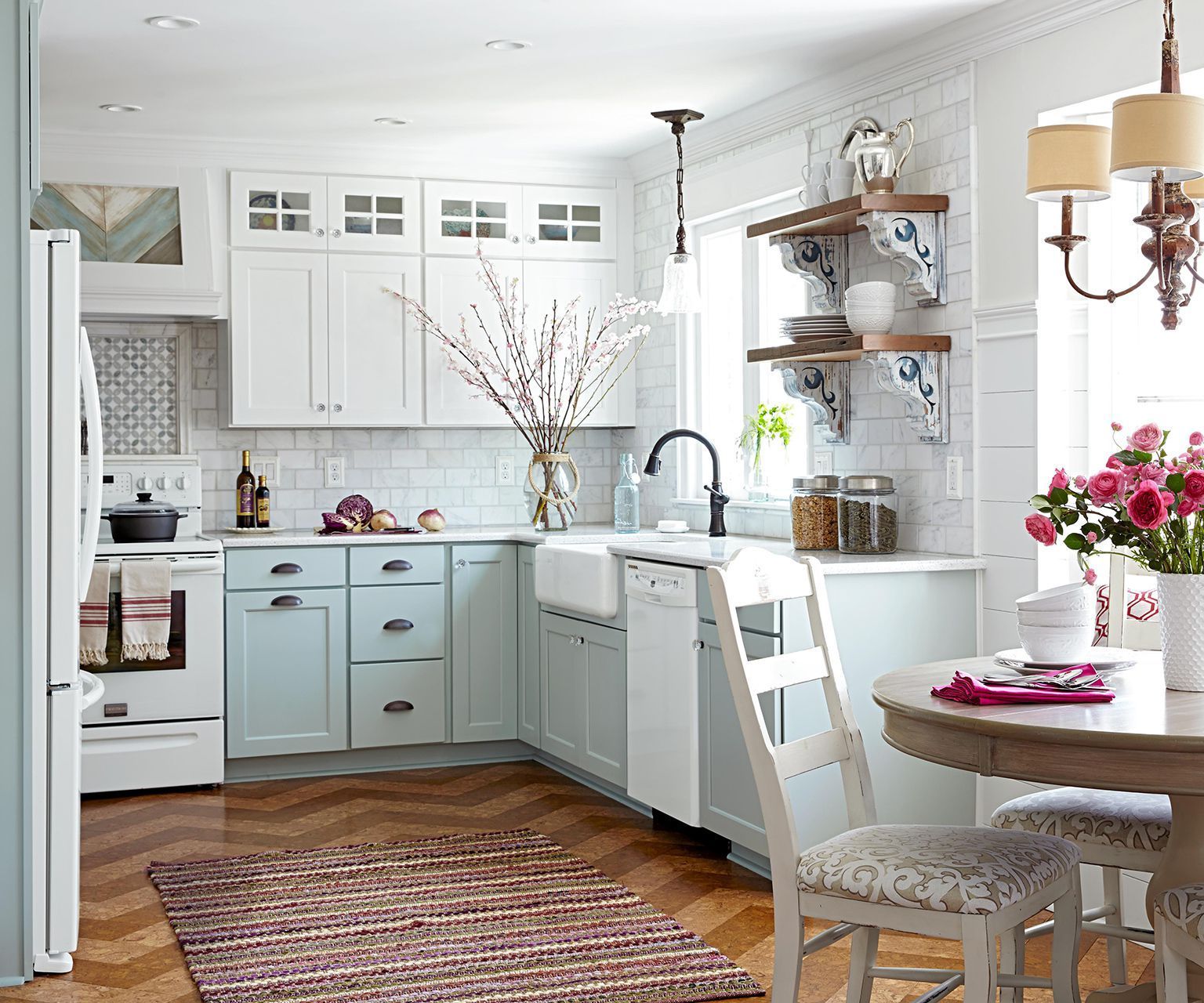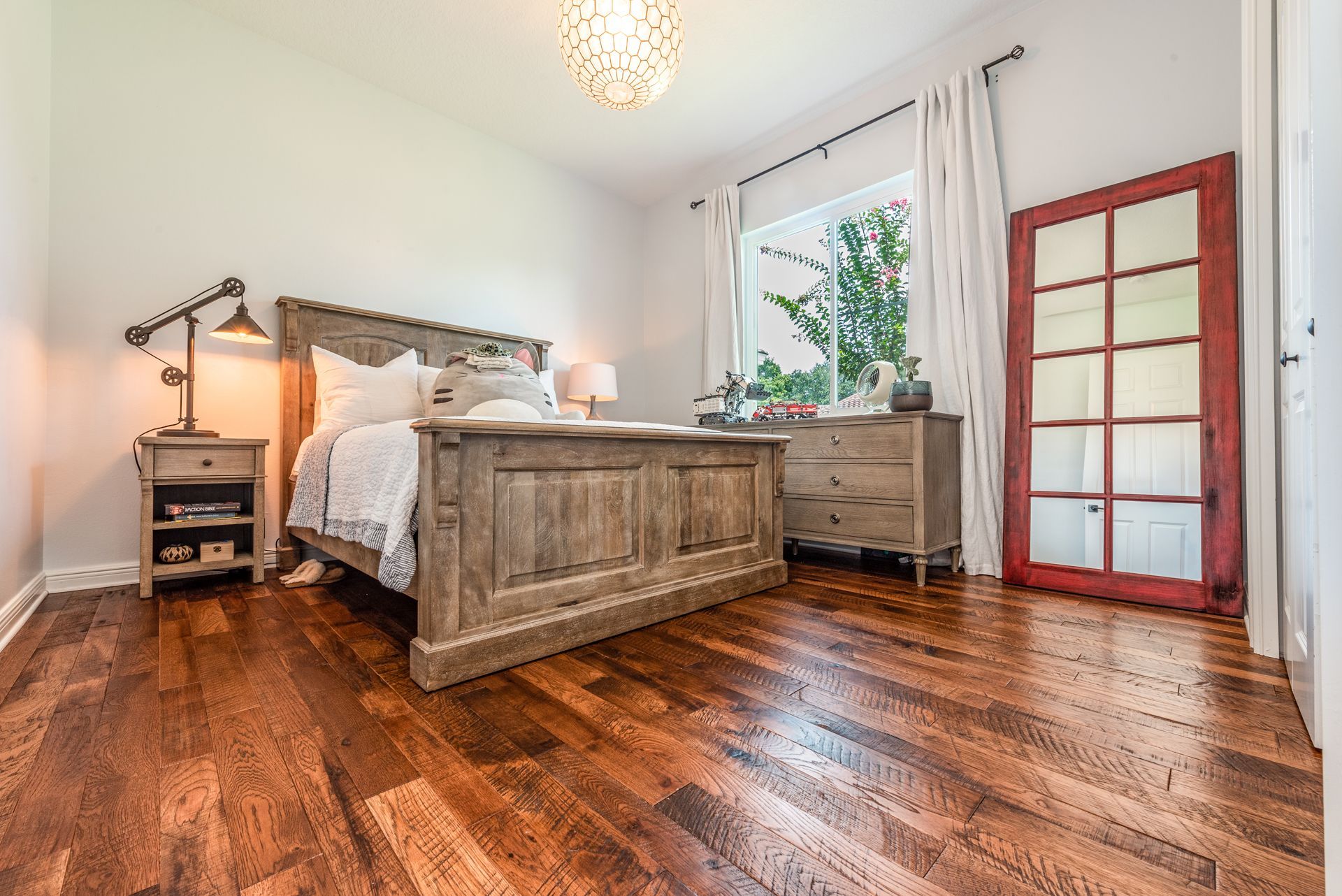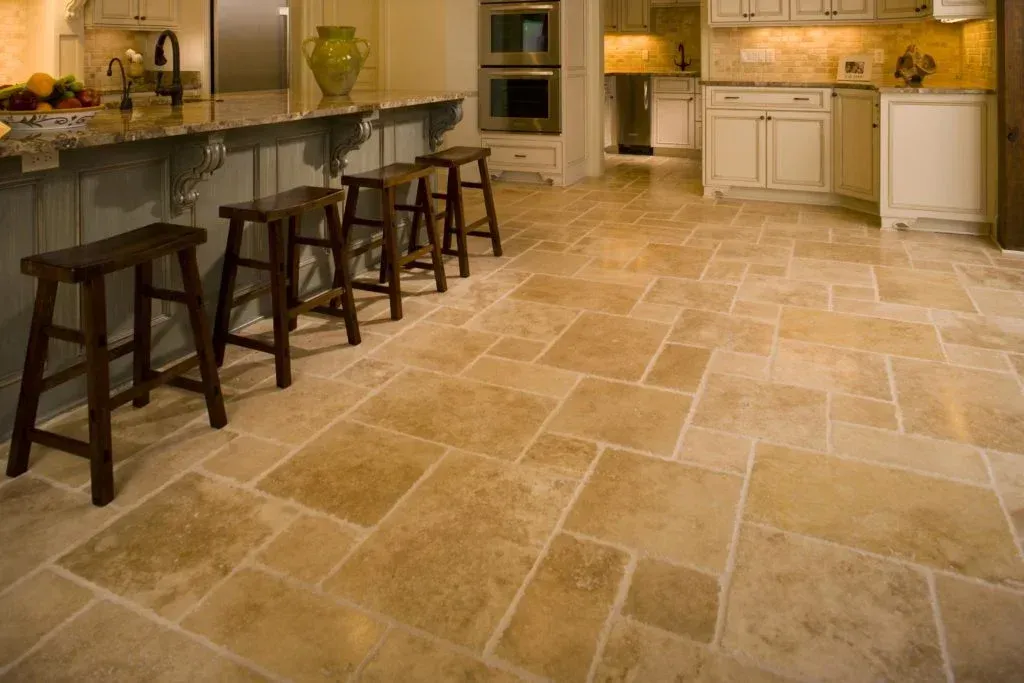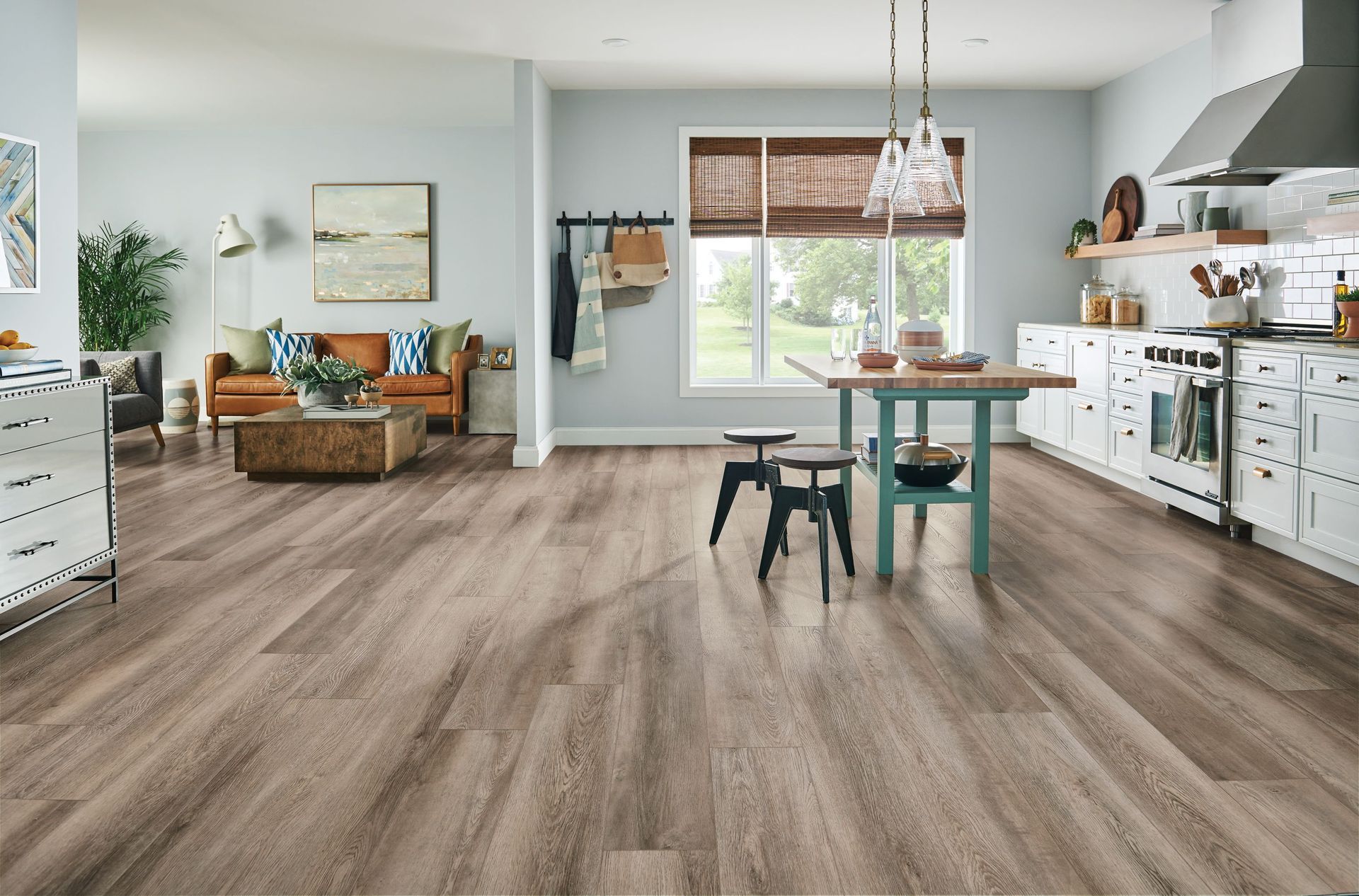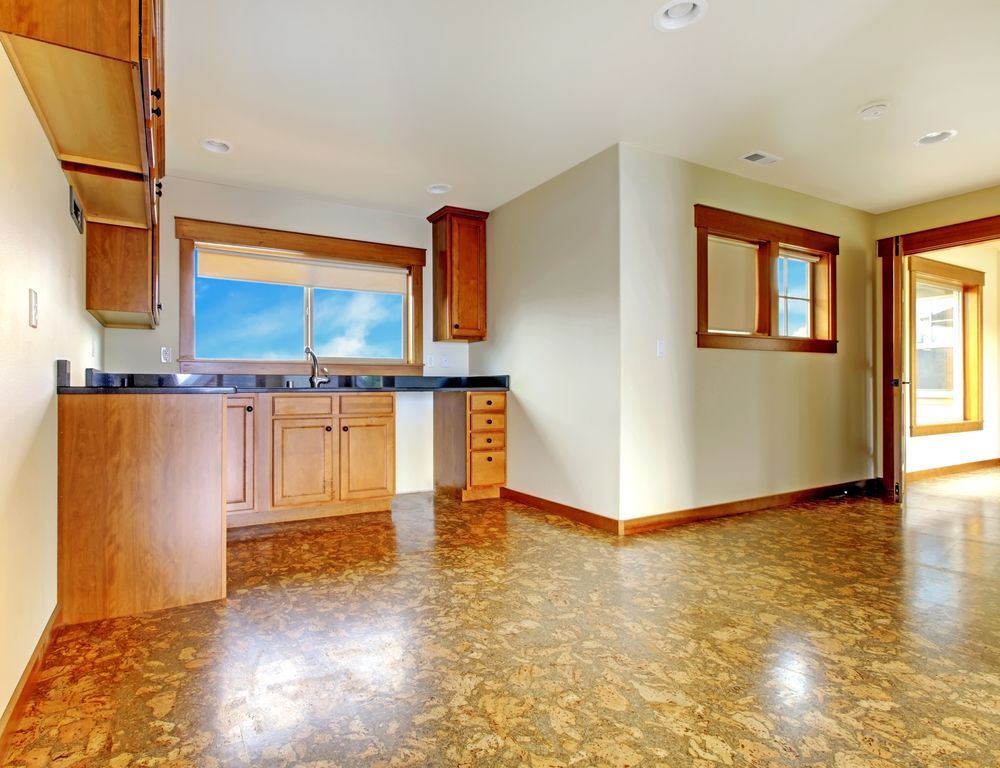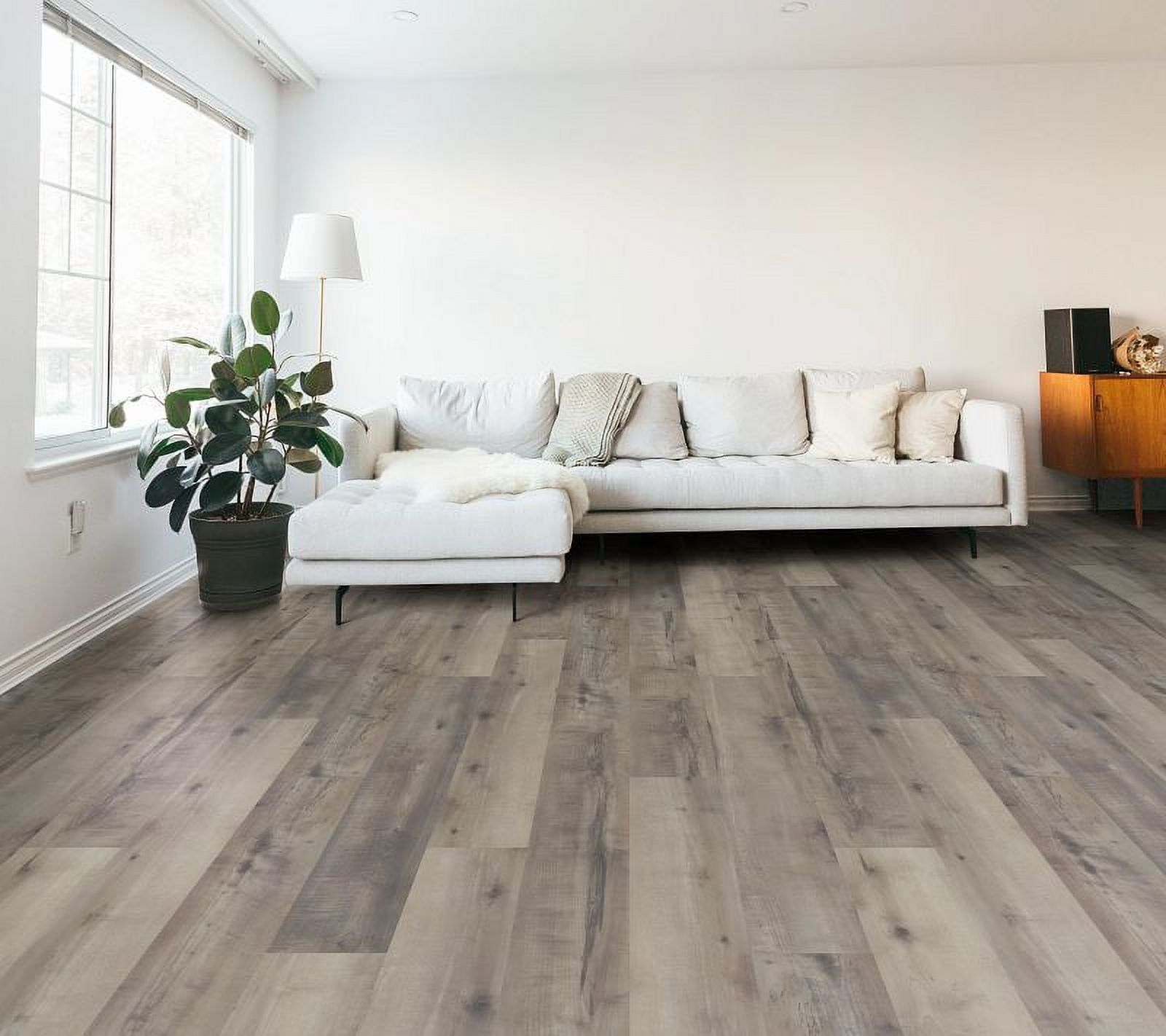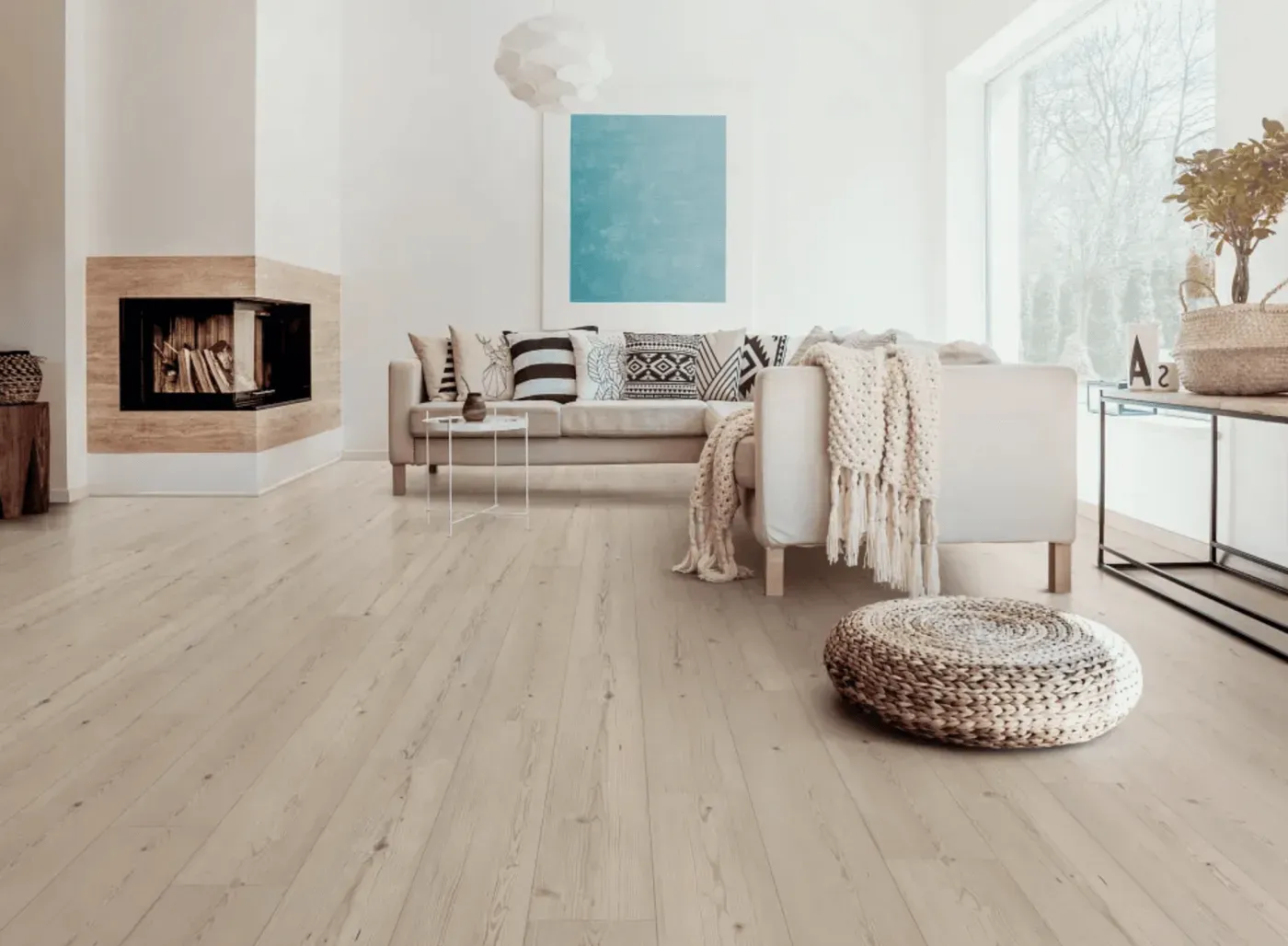Engineered Wood Flooring vs. Solid Hardwood in Nashville
Are you thinking about new flooring for your Nashville home? You might be wondering whether to choose engineered wood or solid hardwood. Both types can add beauty and value to your space, but they have some key differences.
Engineered wood flooring has a plywood core with a thin layer of real wood on top, while solid hardwood is made from a single piece of wood throughout. This means engineered wood can be more stable in Nashville's changing weather and humidity. It's often a good pick for basements or over concrete subfloors.
Solid hardwood gives you that classic, timeless look. You can sand and refinish it many times over its long life. But it can expand and contract with moisture changes. Engineered wood is less prone to warping, but you can only refinish it a few times. Your choice may depend on where you plan to install the flooring and how long you want it to last.
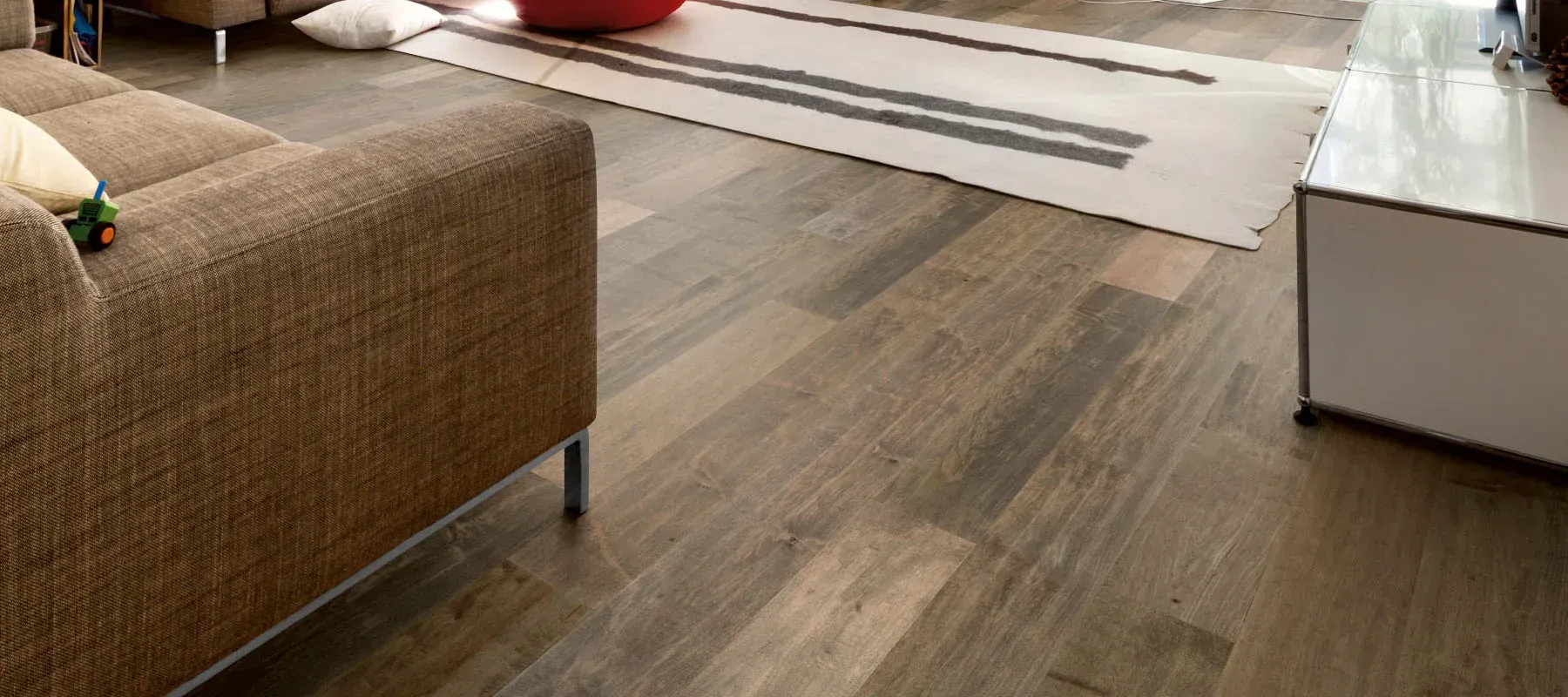
Understanding Engineered Wood Flooring
Engineered wood flooring offers a mix of beauty and practicality. It gives you the look of real wood with added benefits. Nashville homeowners often choose this option for its versatility and durability.
Composition and Manufacture
Engineered wood floors have a layered structure. The top layer is real hardwood, giving you the natural wood look. Under this is a core made of plywood or high-density fiberboard. This core adds strength and stability to the floor.
The layers are glued and pressed together. This process makes the flooring less likely to warp or shift. It can handle changes in humidity better than solid wood.
You can find engineered floors in many wood types. Oak, maple, and hickory are popular choices in Nashville. The thickness of the top wood layer can vary. Thicker top layers allow for more refinishing over time.
Available Varieties in Nashville
Nashville offers a wide range of engineered wood flooring options. You can find styles to match any home decor, from rustic to modern.
Hand-scraped engineered hardwood is popular in Nashville. It adds texture and character to your floors. This style hides scratches well, making it great for busy homes.
Wide plank engineered flooring is another trendy choice. It can make rooms look bigger and more open. You'll also find options with different finishes. Matte, semi-gloss, and high-gloss are all available.
Many Nashville stores offer eco-friendly engineered wood options. These use sustainable wood sources and low-VOC adhesives. This choice lets you have beautiful floors while being kind to the environment.
Characteristics of Solid Hardwood
Solid hardwood flooring offers timeless beauty and long-lasting performance. It comes in many wood types popular in Nashville homes and can be refinished multiple times over its lifespan.
Classic Aesthetic and Durability
Solid hardwood floors bring warmth and character to your home. These floors are made from single pieces of wood, typically 3/4 inch thick. You can sand and refinish solid hardwood many times, allowing you to change colors or repair damage over decades of use.
The natural grain patterns and colors of solid wood create a unique look in every room. Hardwood's durability depends on the specific wood species and finish. Oak and maple tend to be very sturdy choices for high-traffic areas.
With proper care, solid hardwood floors can last 100 years or more in your Nashville home. Regular cleaning and occasional refinishing will keep them looking beautiful for generations.
Types Common in Nashville
In Nashville, oak is a very popular choice for solid hardwood floors. Red and white oak offer different color tones and grain patterns to suit various decor styles.
Maple is another common option, prized for its hardness and light color. It works well in both traditional and modern homes.
For a more distinctive look, some Nashville homeowners choose hickory or walnut. These woods have bold grain patterns and rich color variations.
Local species like pecan can add regional flair to your floors. Each wood type has unique characteristics in terms of hardness, color stability, and how it reacts to Nashville's climate.
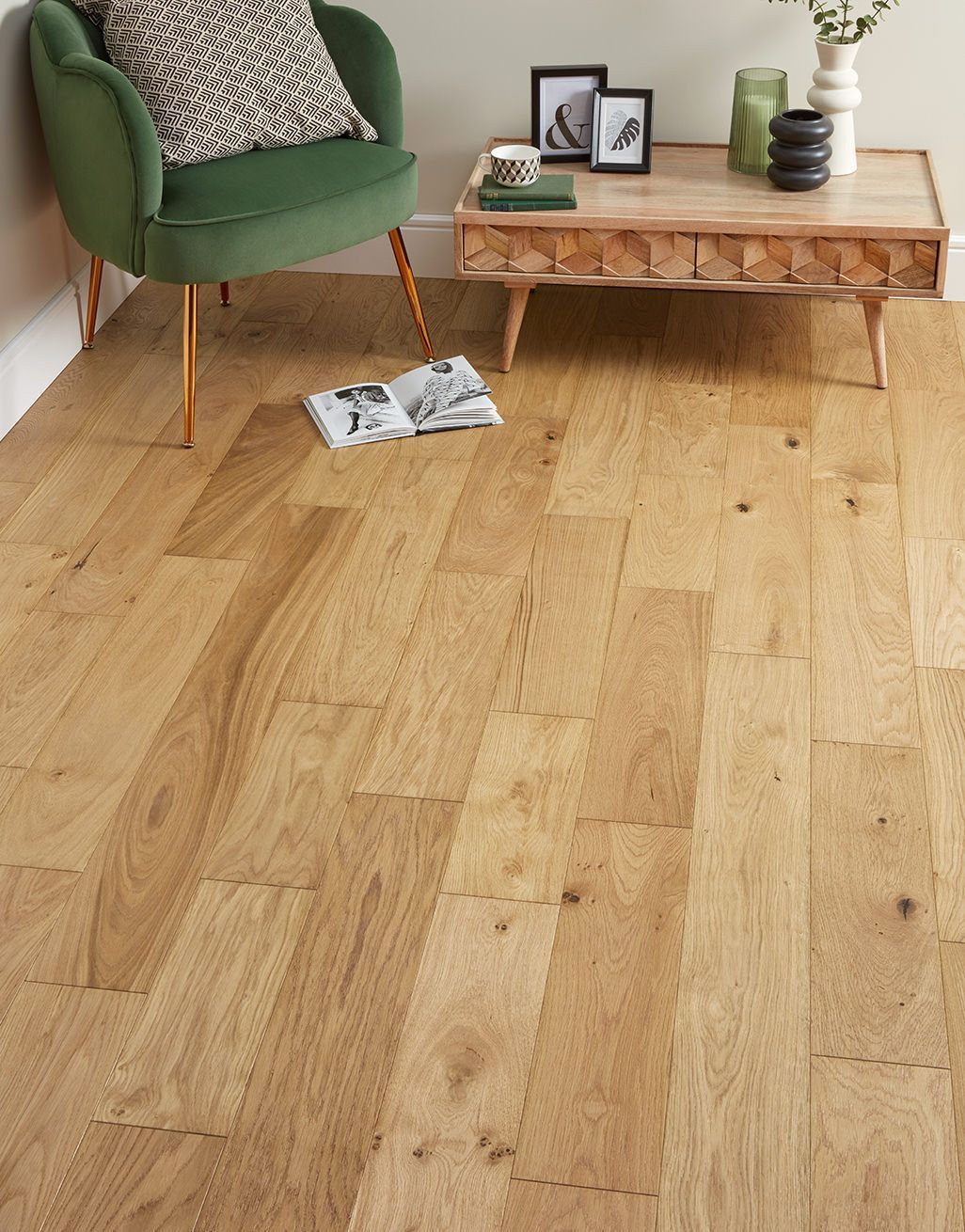
Comparative Analysis
Engineered wood and solid hardwood flooring differ in key areas that affect your choice for Nashville homes. Let's look at how they compare in lifespan, installation, and upkeep.
Lifespan and Longevity
Solid hardwood floors can last 100+ years with proper care. You can sand and refinish them many times, refreshing their look.
Engineered hardwood typically lasts 20-30 years. Its thin top layer limits refinishing options. But it resists warping better in humid Nashville summers.
Consider your long-term plans. If you'll stay in your home for decades, solid hardwood might be worth the investment. For shorter-term needs, engineered wood can be a smart pick.
Ease of Installation
Engineered hardwood is often easier to install. Its click-lock design allows for floating installation over many surfaces.
Solid hardwood needs nailing or gluing to a subfloor. This takes more time and skill. You might need a pro for best results.
DIY fans may prefer engineered wood. It's a good weekend project. Solid hardwood often requires professional installation for the best outcome.
Maintenance and Care
Both types need regular sweeping and dry mopping. Avoid wet mops and harsh cleaners on either.
Solid hardwood is sensitive to moisture. You'll need to wipe up spills fast to prevent damage. It may also need waxing or oiling to maintain its look.
Engineered wood handles moisture better. It's a good choice for basements or kitchens. Use products made for wood floors to keep them looking great.
Both floors scratch. Place felt pads under furniture legs. Use rugs in high-traffic areas to protect your investment.
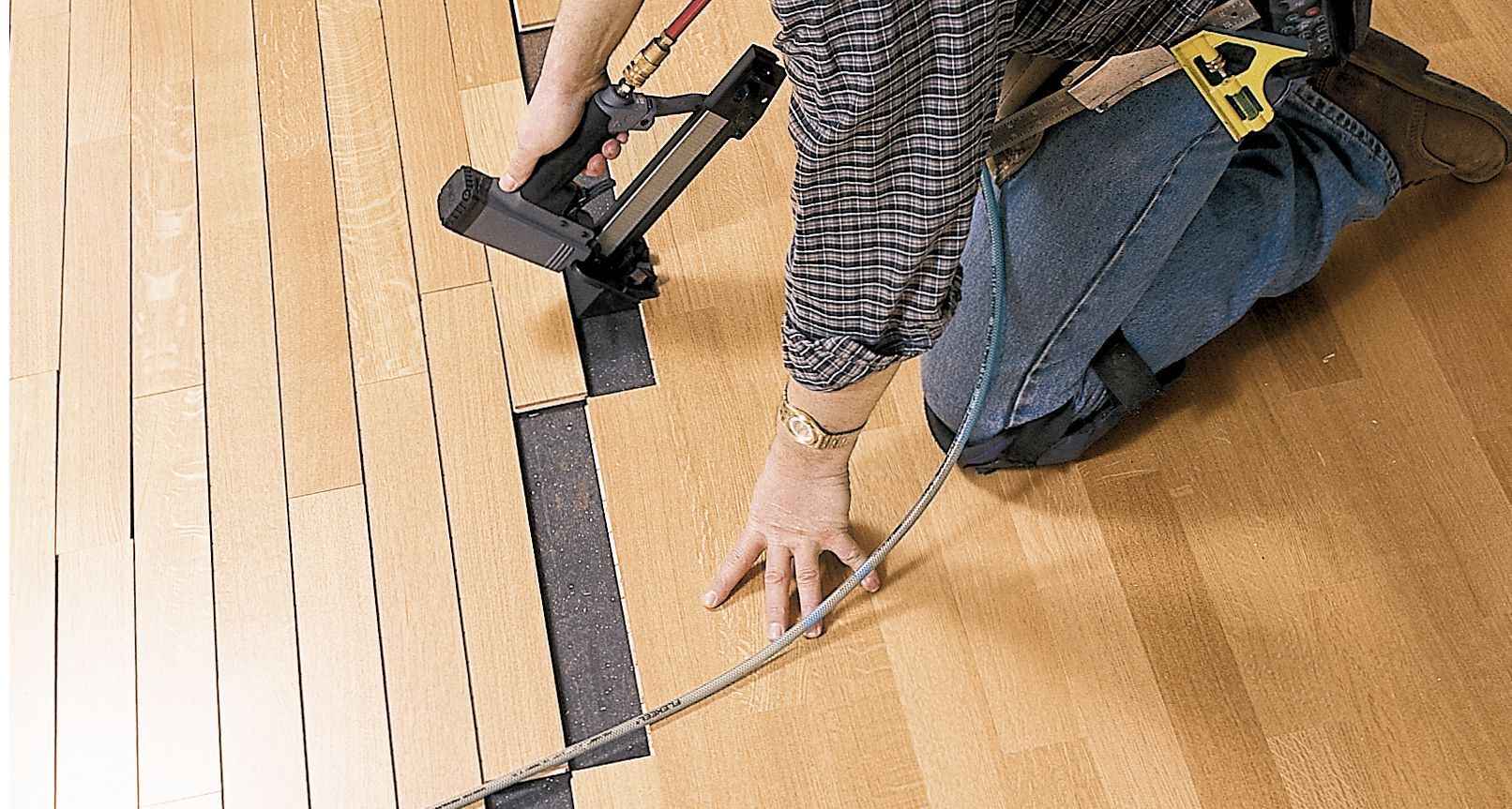
Cost Considerations
The price of engineered wood and solid hardwood flooring varies. Several factors affect the total cost for Nashville homeowners.
Initial Investment
Engineered wood flooring often costs less upfront than solid hardwood. You can expect to pay $3 to $10 per square foot for engineered wood. High-end options may reach $15 per square foot.
Solid hardwood typically ranges from $3 to $15 per square foot. Some premium woods like walnut can cost even more.
Installation costs add to the total price. Professional installation for both types usually runs $3 to $8 per square foot.
The subfloor condition and room layout can impact installation costs. Complex patterns or tricky spaces may increase labor charges.
Long-Term Value
Solid hardwood can last a lifetime with proper care. This longevity may offset the higher initial cost over time.
Engineered wood floors typically last 20 to 40 years. You might need to replace them sooner than solid hardwood.
Solid hardwood can be refinished multiple times, extending its life. Engineered wood has a thinner top layer, limiting refinishing options.
Consider maintenance costs. Both types need regular cleaning. Solid hardwood may require more frequent refinishing, adding to long-term expenses.
Resale value is another factor. Solid hardwood often boosts home value more than engineered wood.
Environmental Impact and Sustainability
When choosing flooring in Nashville, you should consider the environmental impact. Both engineered and solid hardwood have pros and cons in this area.
Solid hardwood comes from a single tree species. It can be a sustainable choice if harvested from responsibly managed forests. But it uses more of each tree, which may lead to higher waste.
Engineered hardwood uses less of the main wood species. Its core layers often contain less desirable wood types, helping conserve valuable hardwoods. This can make it a more eco-friendly option.
Both flooring types last a long time with proper care. Solid hardwood typically lasts longer and can be refinished multiple times. Engineered hardwood has a shorter lifespan but can still be refinished, depending on its top layer thickness.
Engineered wood flooring is made of natural materials. This means it breaks down naturally at the end of its life, unlike synthetic flooring options.
When shopping in Nashville, look for flooring certified by organizations like the Forest Stewardship Council (FSC). This ensures the wood comes from responsibly managed forests.
Remember, the most sustainable choice is often the one that lasts the longest in your home. Consider your lifestyle and needs when making your decision.
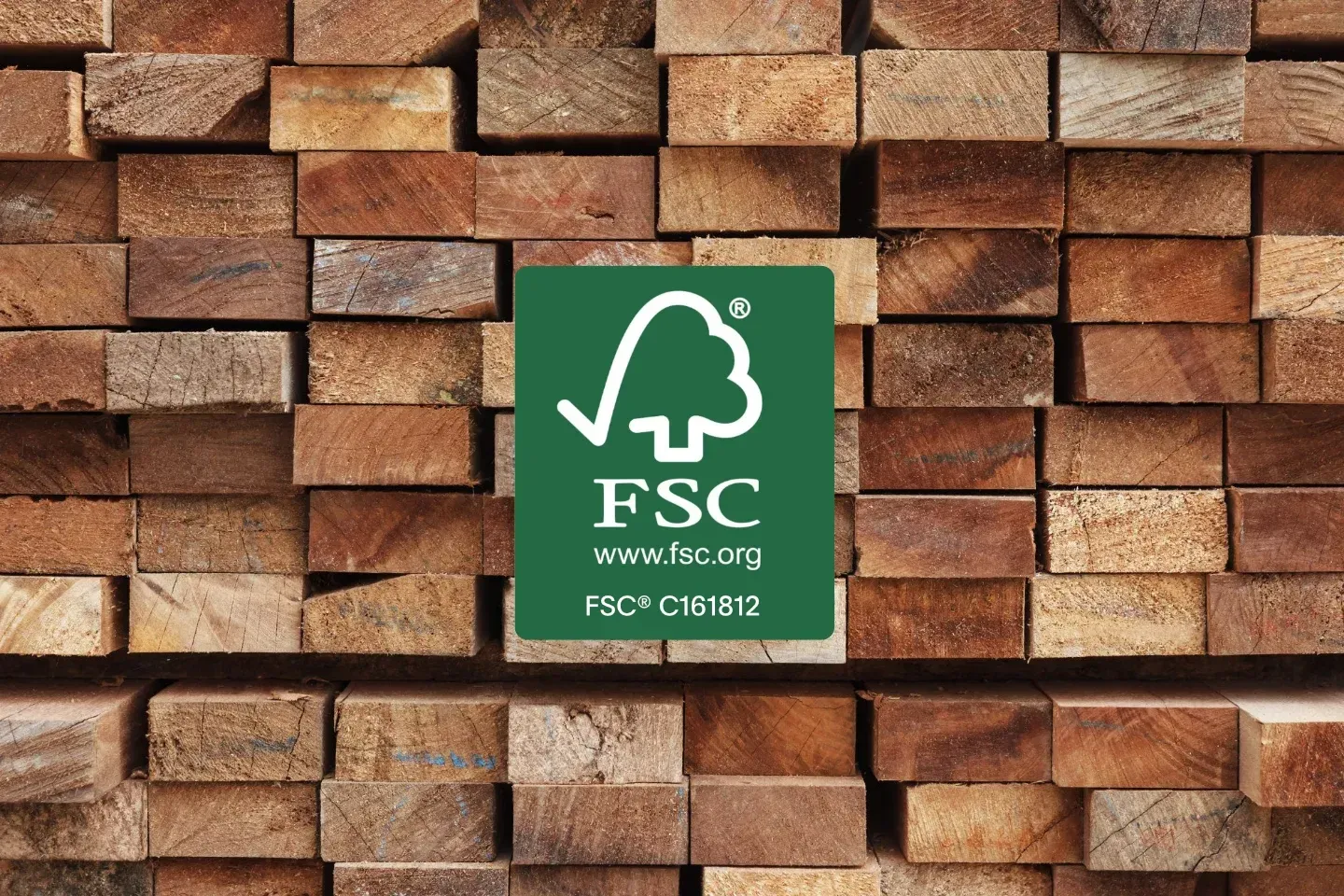
Conclusion
Choosing between engineered wood and solid hardwood flooring depends on your specific needs and preferences. Both options have their strengths.
Engineered wood offers better moisture resistance and stability. It's a good choice for basements or areas with humidity changes. Solid hardwood provides timeless beauty and can be refinished multiple times.
Your budget, installation location, and desired lifespan are key factors to consider. Think about how long you plan to keep the flooring and your home's conditions.
For expert guidance on the best flooring for your Nashville home, reach out to Nashville Flooring Company. Our knowledgeable team can help you weigh the pros and cons of each option.
Nashville Flooring Company offers professional installation of both engineered and solid hardwood flooring. We can assess your space and recommend the ideal solution for your needs.
Don't hesitate to contact Nashville Flooring Company for a consultation. You'll get personalized advice to make the best choice for your home's flooring needs.
